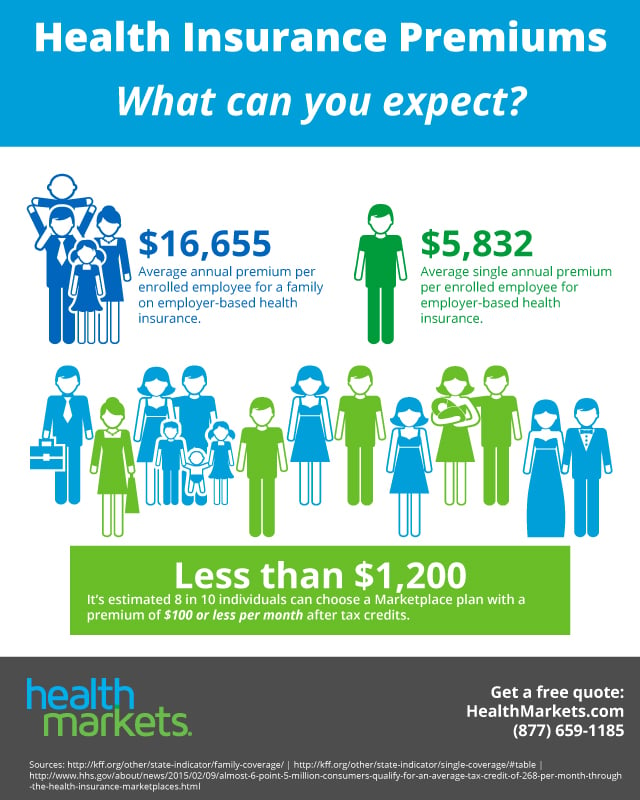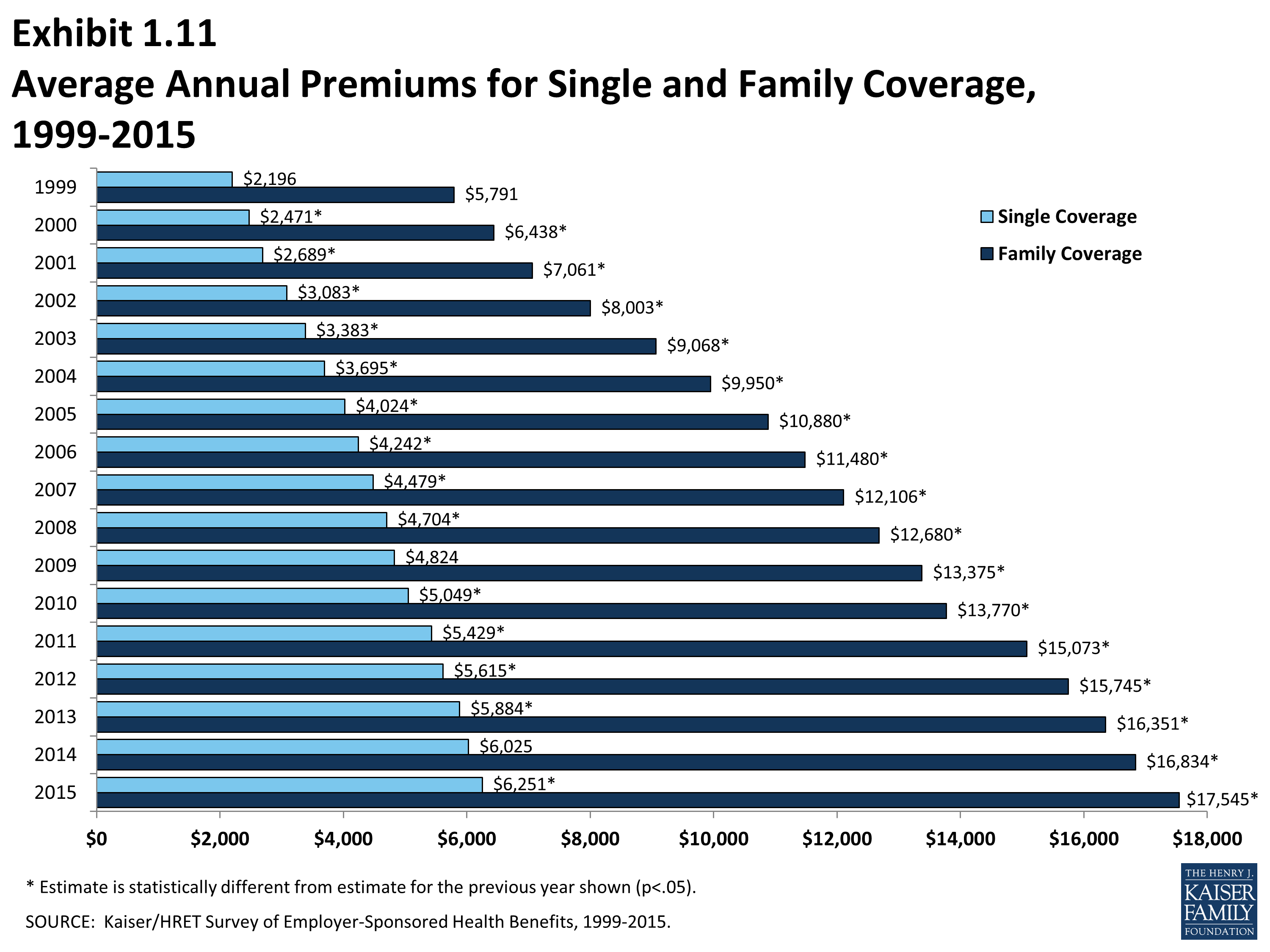Vincent and the Grenadines, and Trinidad and Tobago. Consequently, Antigua and Barbuda signed an Article 98 contract in September 2003; Belize signed one in December 2003; and Dominica signed one in May 2004. This leaves Barbados, St. Vincent, and Trinidad and Tobago as the 3 Caribbean countries forgoing U.S. military support since of the ASPA sanction. Trinidad and Tobago, which played a leading role in the establishment of the ICC, has highly resisted signing a contract, as has Barbados. (For additional information see CRS Report RL33337, Short Article 98 Arrangements and Sanctions on U.S. Foreign Help to Latin America, by [author name scrubbed]) Because of their geographic area, numerous Caribbean nations are transit nations for cocaine and heroin from South America predestined for the U.S.
In addition, two Caribbean nations, Jamaica and St. Vincent and the Grenadinesare big producers and exporters of marijuana. Of the 16 countries in the Caribbean area, President Bush in September 2006 designated four of them as significant drug-producing or drug-transit nations pursuant to yearly legal drug accreditation requirements: the Bahamas, the Dominican Republic, Haiti, and Jamaica. The President prompted the brand-new federal government in Haiti to strengthen police and the judiciary to bring drug trafficking and crime under control. All four designated Caribbean countries are major transit countries for illicit drugs to the U.S. market, and Jamaica is the largest cannabis manufacturer and exporter in the Caribbean.

The Dominican Republic, a major transit country for both drug and heroin, cooperates closely with the United States, although the State Department's March 2006 International Narcotics Control Method Report keeps in mind that "corruption and weak governmental institutions remained an impediment to controlling the circulation of unlawful narcotics" through the country. Jamaican cooperation with U.S. police on counternarcotics efforts is explained by the State Department report as exceptional in the majority of cases, although it maintains that the federal government needs to additional magnify its police efforts and improve international cooperation. In Haiti, anti-drug efforts have been hampered throughout the years by weak organizations, poor economic conditions, and political instability.
Numerous other Caribbean nations, while not designated significant transit nations, are still susceptible to drug trafficking and associated criminal activities since of their geographical location. In particular, the State Department's March 2006 report keeps that such criminal activities have the prospective to threaten the stability of the little states of the Eastern Caribbean, and to varying degrees, have damaged civil society in a few of these nations. Offered the bad outlook for the banana industry in the Caribbean, some observers think that it will be challenging to include marijuana production unless there is sufficient support to diversify these economies away from banana production.
Vincent and the Grenadines is the largest cannabis manufacturer in the Eastern Caribbean. Efforts to break down on cash laundering likewise constitute a major element of U.S. How to finance a private car sale. bbb wesley financial group anti-drug method, and ended up being significantly crucial as a counter-terrorist technique in the consequences of the September 2001 terrorist attacks in the United States. The State Department's list of major cash laundering nations (likewise classified as "jurisdictions of main issue") consists of 6 Caribbean countries, Antigua and Barbuda, the Bahamas, Belize, the Dominican Republic, Haiti, and St. Kitts and Nevisand one British Caribbean dependency, the Cayman Islands. The Department of State maintains that although Antigua and Barbuda has thorough legislation to regulate its financial sector, the country remains susceptible to cash laundering since the sector is loosely controlled and since of its Web gaming industry.
What Does Finance Mean When Buying A Car for Beginners
In Belize, cash laundering is believed to occur mainly in the nation's growing offshore monetary center. Money laundering in both the Dominican Republic and Haiti come from their functions as significant drug transhipment points. In the Dominican Republic, banks participate in transactions with cash stemmed from controlled substance sales in the United States, with carrier and wire transfers the primary methods for moving the funds. St. Kitts and Nevis, according to the State Department, is at major risk for corruption and money laundering due to the fact that of the high volume of narcotics being trafficked through the country and since of the existence of recognized traffickers on the islands.
The FATF evaluative process has actually been a major factor in Caribbean nations improving their anti-money laundering routines. 4 Caribbean countries and one reliant area were on the first FATF non-cooperative list provided in 2000: the Bahamas, the Cayman Islands, Dominica, St. Kitts and Nevis, and St. Vincent and the Grenadines. Grenada was included to the list in September 2001. Subsequent actions by all these nations to improve their anti-money laundering routines led to all of them being gotten rid of from the list by June 2003. The Bahamas and the Cayman Islands were gotten rid of from the list in June 2001; St. Kitts and Nevis in June 2002; Dominica in October 2002; Grenada in February 2003; and St.

Once a nation is eliminated from the website list, the FATF continues to monitor developments in the nation to ensure compliance. Some Caribbean authorities and others have actually complained that pressure to reinforce and enforce anti-money laundering regimes in the region will have a harmful impact on its offshore monetary sectors. They keep that the anti-money laundering steps required have been indiscriminate and make up an attack on legitimate organization performed in the small financial sectors of the region. In specific, after the U.S. congressional passage of brand-new anti-money laundering arrangements in the U.S.A. PATRIOT Act (P.L. 107-56, Title III), authorized in the aftermath of the September 11 terrorist attacks, some feared that the more stringent analysis of deals between U.S.
The act's anti-money laundering provisions include a prohibition on U.S. reporter accounts with shell banks (banks that have no physical existence in the chartering nation) and tighter bank record keeping requirements. Some observers preserve that the strengthening of anti-money laundering regimes in the Caribbean will have completion outcome of increasing the appearance of Check over here the area's offshore financial sectors for genuine service deals. According to this view, such efforts as the FATF evaluative process and the newer anti-money laundering measures under the PATRIOT Act will assist alter the credibility of the Caribbean as being a haven for money launderers and tax evaders.
In 1983, Congress enacted the Caribbean Basin Economic Recovery Act (CBERA) (P.L. 98-67), the centerpiece of a broader U.S. diplomacy initiative referred to as the Caribbean Basin Effort (CBI) linking Central America and Caribbean countries together under one preferential trade program. The CBERA allowed duty-free importation of numerous classifications of products with specific exceptions. The majority of garments and textile items were ineligible under the CBERA, however in the late 1980s imports of clothing from CBERA nations that were assembled from U.S. parts were qualified for decreased duties. These production-sharing arrangements improved the garments sectors of a number of Caribbean Basin countries, consisting of most significantly the Dominican Republic.